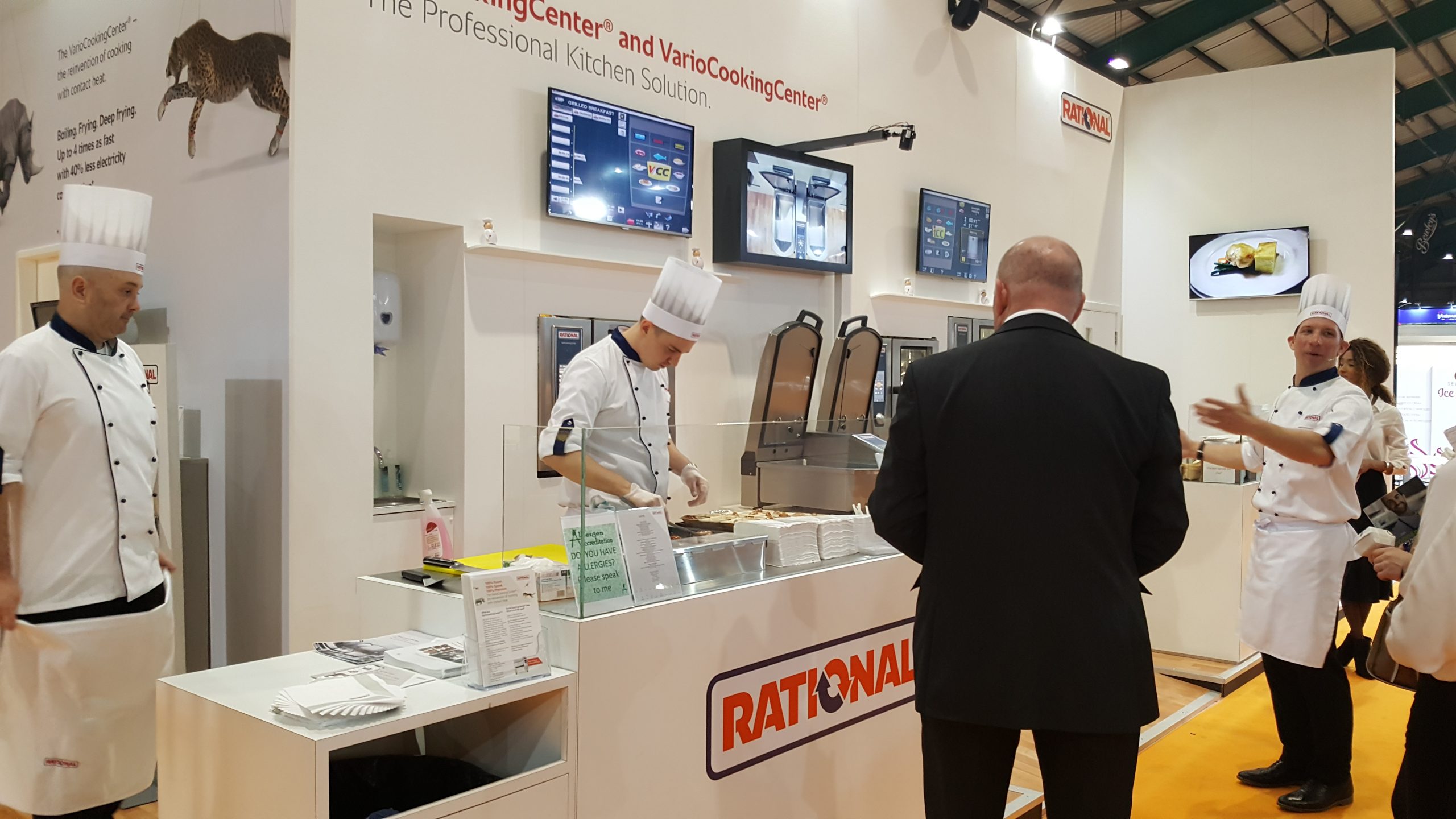After nearly three decades in the industry, we know what the mystery shopping mistakes are that frustrate our clients. People often think Mystery Shopping intends to catch employees out when they make mistakes. Each client has a different purpose when using our Mystery shopping services. It might be to measure customer service quality, confirm whether employees are complying with company policies and regulations, gather specific information about services and products, or any other need identified by the business.
At Customer Perceptions, we work in partnership with our clients to design programmes tailored to their individual needs. Consultation is the first stage of our Mystery Shop process, where we meet with the client to discuss their objectives, pain points, and what they want to achieve. Then we provide our clients with a more detailed overview of how the process works, project timelines, costing and any other matters that need to be discussed.
From here our teams are briefed and receive detailed guidelines that give insight into the client’s business, the objective of the programme, what scenario to follow, what to report on and more.
The following are common mistakes we attempt to avoid:
Not Specific Enough
Sometimes businesses complain that the Mystery Shop does not keep the audience in mind or cover enough of the shopping experience for the results to matter. They feel the process and content are not specific enough. Besides consulting in detail with our clients before drafting the questionnaire, we also do quality checks once the reports from our mystery shoppers are submitted. Did our shoppers assess the correct location and report on every element of the customer journey?
Clear Objectives
It is vital that the objectives of the mystery shopping programme are clear. Every business wants a return on investment when they use Mystery Shopping to measure customer experience.
We prioritise your objectives and core values, while using our experience and expertise to design the survey for the mystery shopping programme. Our goal is for the questionnaire to address each touchpoint of the shopper experience and assess lasting impressions.
Not Acting Like A Normal Customer
It is sometimes difficult for mystery shoppers to act like normal customers, especially when they are instructed to shop in a certain order, but it’s not impossible to overcome. A particular level of experience is required when someone wants to become a mystery shopper. Most people have experience in retail shopping and can act out a defined role as required. As with every industry, restaurants and hotels have set service and quality standards. A mystery shop in these industries requires someone with experience in the field so they can behave like an average patron or guest.
We recruit the ideal candidate for your mystery shopping programme and draft exact guidelines for them to follow. Then we brief them by giving them insight into the business, the objectives of the programme and what is required of them. It includes what to look out for, the scenario to follow, what to report on, and timelines.
Forgetting The Toilets
Remembering to review the toilets during a mystery shopping session is about giving attention to details. Many business managers and owners know that customers unconsciously associate the cleanliness of a shop’s bathroom with the standards of the business and how they view their customers. A clean bathroom creates a positive perception showing that a company is committed to all stages of the customer service experience to ensure customer satisfaction.
We make the reports, results and analysis available on our user-friendly online system, Client Insights. Here you can drill down to individual locations or particular dates to source the information you specifically need.
At Customer Perceptions, we are specialists in creating bespoke market research solutions for our clients. We limit mystery shopping mistakes with our comprehensive Mystery Shop process. Contact us today.





